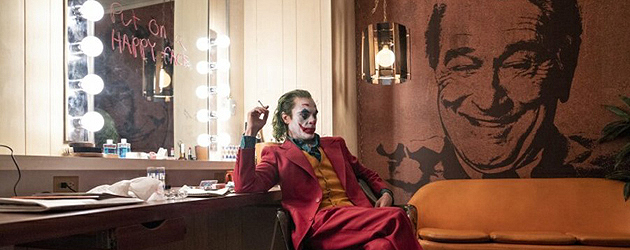Mark Friedberg

Industry friends suggest that I go do this movie, Go do Spiderman! You’ll make more money next time! Go do The Amazing Spiderman 2, you’ll get more famous! It’s against my instincts but it’s in New York. Okay I’ll do it. And Marc [Webb] was lovely to work with as a director. I have nothing bad to say about anybody that was part of that movie. But it just wasn’t right for me. And then I reverted to being myself and went back to doing films like Beale Street and Selma, the movies that mattered to me.
AS: What would you say you like about the job of production design?
MF: The collaboration is the part I love. The thing that is the opposite of being a painter is that as a painter I sit in a room arbitrarily experiencing my bad childhood over and over again. There’s no other point of reference but me. And no particular challenge except to keep going. But when you step into campaign mode in cinema it feels a lot of times like it’s life or death. It’s terrifying. You know if your set’s one minute late you’re done. And if it’s not awesome you’re done. It’s got to be awesome, and on time and cheap and brilliant. It’s terrifying! So you join forces with a team and that’s the coolest part. The working together part. The fact is that the efforts of two people who work apart from one another is much less than the efforts of two people who join forces. In the collaboration world one plus one can equal four.
AS: When you’re hiring your crew what do you look for?
MF: It depends. If I’m in New York I know who I’m hiring. The people I worked with on Joker I’ve been working with twenty years. There’s a loyalty and an artistry and a trust and an economy and a kindness. They’re my family. I spend more time with them than anybody else. But because I started as an untrained, inexperienced young guy and the youngest guy on my crews for the longest time, I hired old guys, or girls, to help me. As the movies got bigger I hired older crew to make sure that I was covered, to make sure that the stuff that I didn’t know, somebody knew. And I found that I kept making the same movie that everyone else was making. That a lot of people who do this and do this and do this, certainly in art departments, reference other movies. Not so much the world that inspires the movies. And little by little I started relying more on the PA’s and the young people for inspiration. And trusting my instincts about them.
Over time I’ve brought some of them up, like Alex DiGerlando, a great designer now doing important work for a lot of great directors. He was the PA on Far From Heaven and now he just did Jim Jarmusch’s last movie, Dead Don’t Die. He did The OA, he did Fosse/Verdon, he did the last Oceans movie. I just knew he was smart. He wasn’t the draftsman guy, he hadn’t worked on every movie that had ever been shot in New York, he was just a smart young kid. As I became one of the old guys my point of reference started shifting to the young people who knew what was going on in the world and brought that energy in, and who were a little more visceral. I think that the thing I’m most proud of in my career is not the movies necessarily but the humans that I’ve worked with.